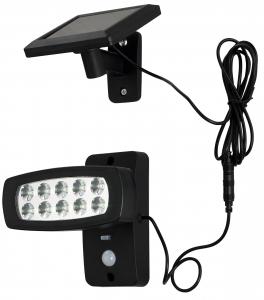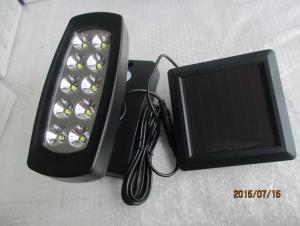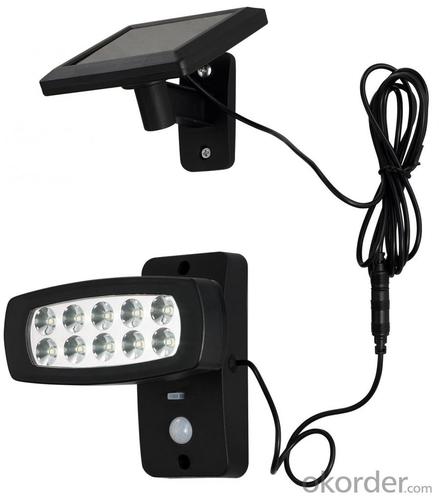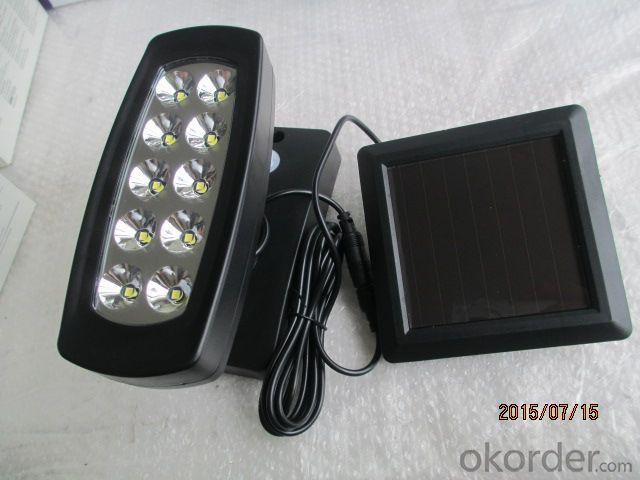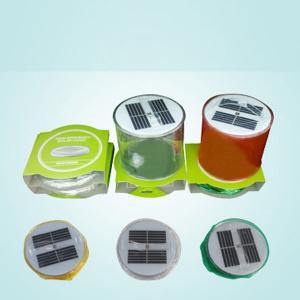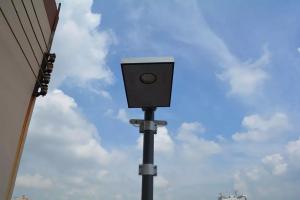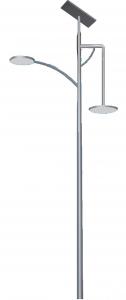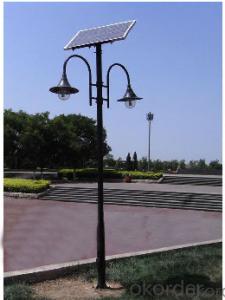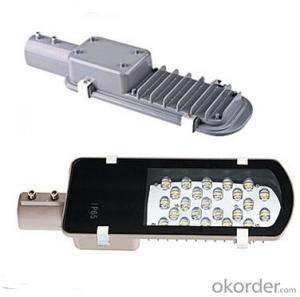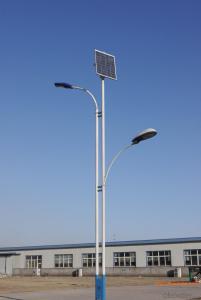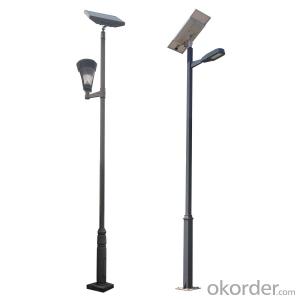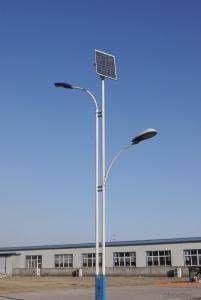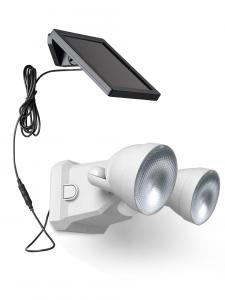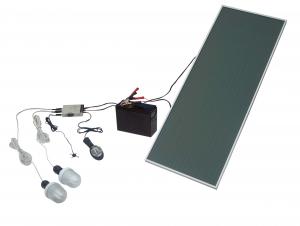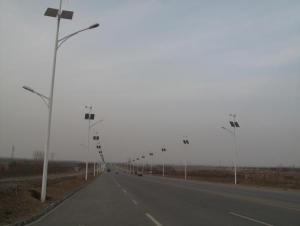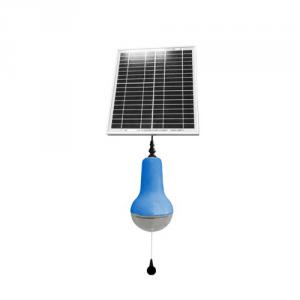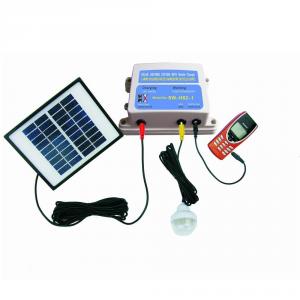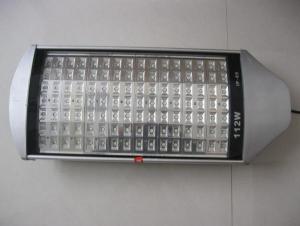SOLAR LIGHTING BT1538-1 SOLAR
- Loading Port:
- Ningbo
- Payment Terms:
- L/C,T/T
- Min Order Qty:
- 5000 Pieces pc
- Supply Capability:
- 5000 Pieces per Month pc/month
OKorder Service Pledge
Quality Product, Order Online Tracking, Timely Delivery
OKorder Financial Service
Credit Rating, Credit Services, Credit Purchasing
You Might Also Like
Included mounting accessories, Cable length:
2.5m
Modes: ON / OFF / PIR, rang: Approx.5-10m
Detection angle: Approx 90 degrees
Extra long buring time: Approx.8 hours when
fully charged and with ECO mode
Extra brightly if fully charged in PIR mode
Protection class: IP44
10LED, 3 batteryies with solar panel 150LM
Suitable places: Lawn, Garden, Park, Path, etc
2.5m
Modes: ON / OFF / PIR, rang: Approx.5-10m
Detection angle: Approx 90 degrees
Extra long buring time: Approx.8 hours when
fully charged and with ECO mode
Extra brightly if fully charged in PIR mode
Protection class: IP44
10LED, 3 batteryies with solar panel 150LM
Suitable places: Lawn, Garden, Park, Path, etc
- Q: Are solar lights resistant to animal or insect damage?
- Solar lights are typically built to withstand damage from animals or insects. The majority of these lights are equipped with protective casings made of strong materials like plastic or metal, which can endure occasional encounters with creatures. Moreover, many solar lights are designed with sealed or waterproof features to prevent insects or animals from accessing them and causing harm. Nevertheless, it's worth noting that smaller or more determined animals might still manage to damage solar lights, particularly if they are constructed using less durable materials. In these instances, it may be necessary to take extra precautions, such as installing protective cages or positioning the lights in places inaccessible to animals.
- Q: Are solar lights suitable for off-road or adventure vehicles?
- Yes, solar lights are suitable for off-road or adventure vehicles. They are a convenient and eco-friendly lighting solution that can be easily installed on vehicles without the need for complicated wiring or external power sources. Solar lights provide reliable illumination during outdoor adventures, ensuring visibility and safety in remote locations where access to electricity may be limited. Additionally, they are durable, weather-resistant, and can be easily repositioned to meet specific lighting needs, making them an ideal choice for off-road or adventure vehicles.
- Q: Can solar lights be used in historical or heritage sites?
- Yes, solar lights can be used in historical or heritage sites. They offer a viable and sustainable lighting solution that does not require any external power source or wiring, making them ideal for preserving the authenticity and integrity of such sites. Additionally, solar lights can be strategically placed to highlight architectural features or pathways, enhancing the overall visitor experience while minimizing any potential damage or disruption to the site.
- Q: Can solar lights be used for illuminating bike paths and trails?
- Yes, solar lights can be used for illuminating bike paths and trails. Solar lights have become increasingly popular for outdoor lighting purposes due to their energy efficiency and eco-friendly nature. They harness energy from the sun during the day and store it in batteries, which power the lights during the night. This means that they do not require any external power source or electrical wiring, making them a perfect choice for illuminating bike paths and trails in remote or off-grid areas. Solar lights designed for bike paths and trails are typically equipped with high-quality LED bulbs that provide bright and focused illumination, ensuring safety and visibility for cyclists and pedestrians. They are often designed with motion sensors, which can further enhance safety by automatically turning on as soon as someone approaches the area. Furthermore, solar lights are easy to install and maintain. They can be mounted on poles or attached to existing structures along the bike paths and trails, eliminating the need for complex installation procedures. Additionally, since solar lights do not rely on electricity from the grid, they have lower operating costs and require minimal maintenance. In summary, solar lights are an excellent option for illuminating bike paths and trails. They offer energy efficiency, environmental friendliness, easy installation, and low maintenance, making them a practical and sustainable choice for enhancing safety and visibility in outdoor spaces.
- Q: Can solar lights be used for outdoor parties and events?
- Yes, solar lights can be used for outdoor parties and events. They are a great eco-friendly and cost-effective option, providing ambient lighting and enhancing the atmosphere. Solar lights are portable, easy to install, and do not require any electrical wiring, making them a convenient choice for outdoor gatherings.
- Q: Are solar lights suitable for bike paths?
- Bike paths are indeed suitable for solar lights. These lights have gained popularity for illuminating bike paths because of the many benefits they offer. To start with, solar lights are energy-efficient as they rely on solar power to recharge their batteries during the day, eliminating the need for electricity. This makes them both environmentally friendly and cost-effective in the long term. Furthermore, installing and maintaining solar lights is a breeze. They don't require any wiring or electrical connections, which makes them a practical choice for bike paths. Moreover, they often come equipped with sensors that automatically turn them on at dusk and off at dawn, ensuring that the bike path is well-lit during the evening and night hours. In addition, solar lights provide ample illumination for bike paths, ensuring the safety of cyclists and pedestrians. They come in various designs and brightness levels, which allows for customized lighting solutions to meet different bike path requirements. Thanks to technological advancements, solar lights now come with powerful LED bulbs that offer bright and long-lasting light, enhancing visibility and reducing the risk of accidents. Lastly, solar lights are designed to withstand outdoor conditions and are durable and weather-resistant. They are often made from high-quality materials that can endure extreme temperatures, rain, and snow, ensuring their longevity and functionality. To sum up, solar lights are a practical and suitable choice for bike paths because of their energy-efficiency, ease of installation and maintenance, adequate illumination, and durability. They provide a sustainable and reliable lighting solution that enhances safety for cyclists and pedestrians while minimizing environmental impact and reducing costs.
- Q: Are solar lights suitable for illuminating gardens or flower beds?
- Gardens or flower beds can be illuminated using solar lights, which are a suitable option for this purpose. These lights are powered by sunlight, eliminating the need for electricity or wiring, making them an excellent choice for outdoor lighting. Furthermore, their installation is simple, and they can be placed anywhere in the garden or flower beds to provide a gentle and soothing glow that enhances the beauty of the surroundings. Solar lights are also available in a variety of styles and designs, allowing them to seamlessly blend with any garden decor. Moreover, they can be easily moved around to accommodate any changes in landscaping. In addition to their practicality and attractiveness, solar lights are energy-efficient, environmentally friendly, and cost-effective since they do not require ongoing electricity costs. Overall, solar lights offer a practical and appealing solution for illuminating gardens or flower beds, enhancing their aesthetics and creating a warm and welcoming atmosphere.
- Q: Can solar lights be used to charge electric vehicles?
- No, solar lights cannot be used to directly charge electric vehicles. Solar lights are designed to generate and store a small amount of energy for lighting purposes, whereas electric vehicles require a much larger amount of power to charge their batteries.
- Q: Can solar lights be used for bicycle or pedestrian paths?
- Yes, solar lights can be used for bicycle or pedestrian paths. Solar lights are an excellent option for illuminating these paths as they rely on renewable energy from the sun, making them environmentally friendly and cost-effective. They provide sufficient lighting to enhance visibility and safety for cyclists and pedestrians during nighttime or low-light conditions. Additionally, solar lights are easy to install and require minimal maintenance, making them a practical choice for illuminating bicycle or pedestrian paths.
- Q: Can solar lights be used for garden or flower bed lighting?
- Yes, solar lights can definitely be used for garden or flower bed lighting. In fact, they are a popular and eco-friendly choice for outdoor lighting in these areas. Solar lights harness the energy from the sun during the day and store it in rechargeable batteries. This stored energy is then used to power the lights at night, providing a soft, ambient glow to highlight and enhance the beauty of your garden or flower bed. Solar lights are easy to install as they don't require any wiring or electrical connections, making them a convenient option for outdoor lighting. Additionally, they are cost-effective and energy-efficient, as they rely solely on solar power. With a wide variety of designs and styles available, you can easily find solar lights that complement the aesthetic of your garden or flower bed, adding a touch of elegance and charm to your outdoor space.
Send your message to us
SOLAR LIGHTING BT1538-1 SOLAR
- Loading Port:
- Ningbo
- Payment Terms:
- L/C,T/T
- Min Order Qty:
- 5000 Pieces pc
- Supply Capability:
- 5000 Pieces per Month pc/month
OKorder Service Pledge
Quality Product, Order Online Tracking, Timely Delivery
OKorder Financial Service
Credit Rating, Credit Services, Credit Purchasing
Similar products
Hot products
Hot Searches
Related keywords
